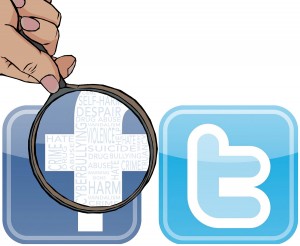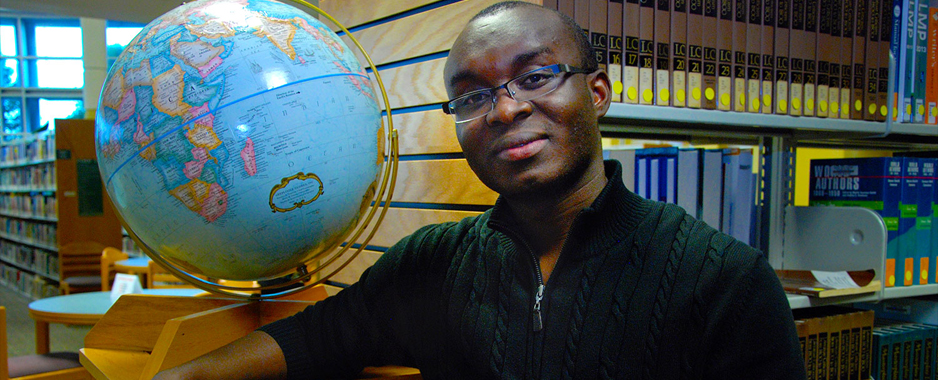
Rebecca Sedwick committed suicide Sept. 9 by jumping off an abandoned building.
She was 12 years old.
Gabrielle Molina committed suicide May 22 by hanging herself.
She was 12 years old.
In 2010, Rutgers University student Tyler Clementi committed suicide by jumping off the George Washington Bridge into the Hudson River.
He was 18 years old.
Cyberbullying contributed to their deaths.
According to the Cyberbullying Research Center, about 20 percent of young people have been the victims of cyberbullying, and about 15 percent of those victims have admitted to being bullied via social media networks.
About 20 percent of individuals bullied contemplate attempting suicide.
This is a serious problem that deserves more of our attention.
However, the school district in Glendale, Calif., has an answer to cyberbullying — Geo Listening — that has problems of its own.
According to the company’s website, Geo Listening is a monitoring service that “will process, analyze and report the adverse social media from publicly available student posts. The service provides a daily report in alignment with existing school district procedures and board policy related to student conduct and safety.”
It’s a clear violation of students’ privacy.
The Los Angeles Times reported that the Glendale school district approached the company in hopes of curtailing online bullying, drug use and other problems after two area teenagers committed suicide last year.
The Los Angeles Times also reported the district gave $40,000 to Geo Listening so the company can track students on social media networks.
It’s good that Geo Listening is being proactive against cyberbullying, but how far will this company go in terms of monitoring students’ posts on social media networks without invading their privacy?
Geo Listening said the company “works by providing daily reports to designated school administrators and staff, using a robust tier methodology.”
They look for identifiers such as despair, hate, harm, crime, vandalism, substance abuse and truancy.
The thing is Geo Listening’s intentions may be good, but to know a company is following students via Facebook and Twitter is disturbing.
Students should have the right to express their thoughts to the public and not be intruded on at the company’s behest.
They walk a thin line between what is considered ethical and unethical.
The school district is subjecting students to privacy invasions because of poor decisions made on the part of bullies.
The school district’s principal should talk to students about the harms of cyberbullying and enlist the help of guidance counselors who can personally talk to students about their problems.
Parents should monitor their child’s posts online, not a web-based program used by one district to monitor students through social media networks.
Monitoring is the responsibility of the parents.























